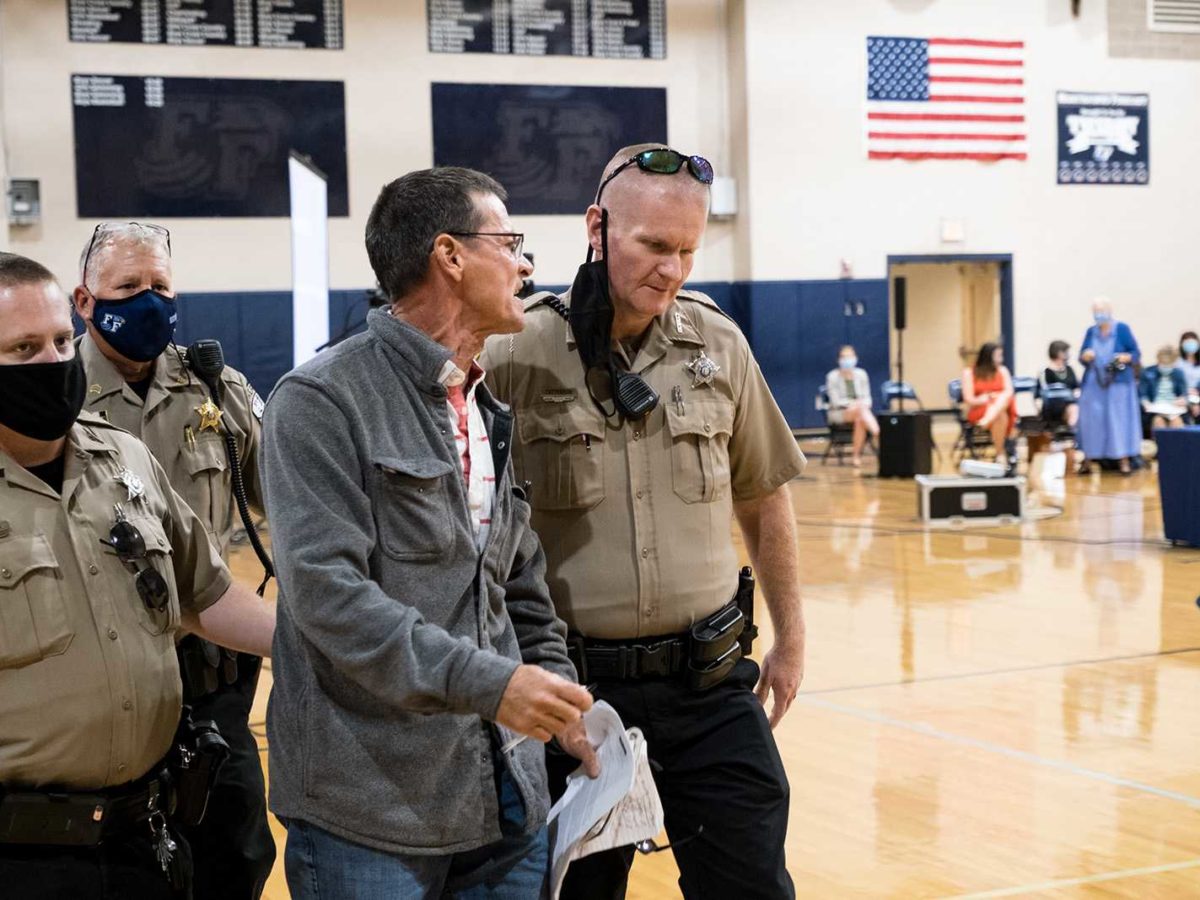
|
|
From a Mark Twain wisecrack in 1897 to a Saturday Night Live satire in 2021, the perceptions of local school boards have ranged from amateurish governmental backwaters to beleaguered targets of cultural conflict. These days, school boards have become testing grounds of democracy.
Twain’s notorious remark – “In the first place God made idiots. This was for practice. Then He made School Boards’’ – remains unkind and unfair. Still, it articulates an ingrained American attitude of disdain for hide-bound officials whose meetings drag on too long, who deal in either trivia or self-interest, who seem not to fully reflect their communities.
School board elections normally draw a meager turnout of voters, which means a determined cohort of organized citizens can sway the outcomes. Still, as Ballotpedia, an online neutral compendium of U.S. political information, reports, incumbents who seek re-election usually win.
Ballotpedia covered 960 school district elections from 2018 to 2020, including all North Carolina districts in 2019. It found that “between 35% and 40% of elections were unopposed each year, that incumbents won between 57% and 61% of seats each year, and that between 82% and 89% of incumbents who sought re-election won each year.”
Now, however, a cycle of intense contentiousness and political competition has arrived – to such an extent that Saturday Night Live, which usually skewers presidents, recently devoted more than six minutes to a school board skit. In it, two board members preside over a forum on “COVID safety policy.” What breaks out is a raucous scene, a bit of satire both humorous and biting.
A school board member opens by announcing the name-change of a local school to “Robert E. Lee Was Bad Middle School.” Citizens then bring their own agendas to the forum. For example, a woman steps up to say, “I’m so mad I’m literally shaking.”
“Forget COVID,” she goes on. “The real threat is critical race theory being taught in our schools. My question is: What is it? And why am I mad about it?”
The SNL skit draws from the action-reaction dynamic in today’s political and cultural clashes. The COVID outbreak forced businesses and schools to close. Incidents of Black people killed by police, as well as history research, led public and private institutions to examine their racial understanding and practices.
As schools remained closed for many months, some parents grew weary and took their frustration into public protests. As school authorities strived for diversity, equity, and inclusion in classrooms, conservative political strategists seized an opportunity to mobilize voters by reframing the issue as the encroachment of critical race theory.
The old dictum that all politics is local has eroded into practical irrelevance over time. Now, North Carolina school boards find themselves confronting local issues that sweep across the nation. They cannot avoid implications for parent-school relationships and for free speech in public life.
Educators know that parent-school partnership enhances the education of young people. Parents often disagree – even disagreeably. Yet, however difficult, school authorities have a duty to listen and respond to the concerns of parents, even the misguided, for whom the education of their children really matters.
As governmental bodies accountable to the public, school boards are not immune from scrutiny and criticism. Still, they can respect free speech while voicing their objections to screaming at hearings and threats of violence; they can re-double efforts to counter conspiracy theories spread online with facts and a commitment to openness.
In an essay in The New York Times, Dr. Jon Grinspan, a curator of political history at the Smithsonian’s National Museum of American History, offers perspective from his research in the 1860-1900 period, which he describes as an “age of acrimony’’ during which “America was embroiled in a generation-long, culturewide war over democracy.”
“The partisan combat of that era politicized race, class and religion but often came down to a fundamental debate about behavior,” Grinspan writes. “How should Americans participate in their democracy? What was out of bounds?…Our deep history shows that reform is possible, that previous generations identified flaws in their politics and made deliberate changes to correct them.”
Ultimately in a democracy, deliberate changes come through the ballot box – in men and women of talent and courage willing to serve on school boards and to mobilize voters to support them. It’s time to refute Mark Twain.



